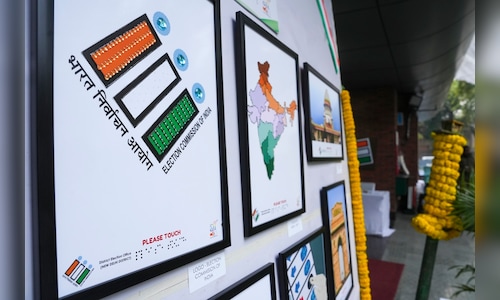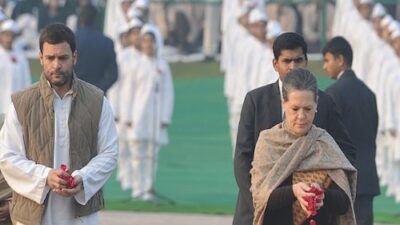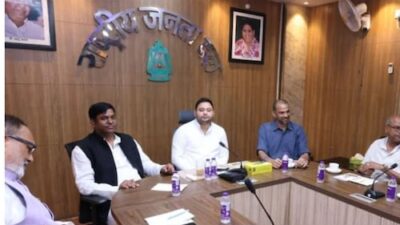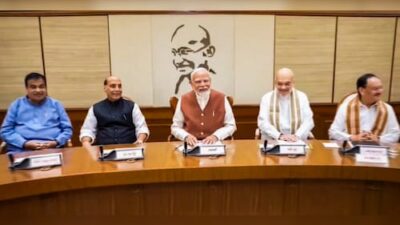A bench consisting of Chief Justice Sanjiv Khanna and Justice Sanjay Kumar had issued a notice to the Centre and the election authority on January 15 regarding Ramesh’s petition and requested a response.
Senior advocate Maninder Singh, representing the election authority, requested three more weeks to submit the reply. The bench granted Singh’s request and scheduled the hearing for the week of July 21. In addition to Ramesh, two similar PILs filed by Shyam Lal Pal and activist Anjali Bhardwaj are also pending. Senior advocates Kapil Sibal and Abhishek Singhvi represented Ramesh.
The petitioners have claimed that the amendments to the 1961 Conduct of Election Rules were executed “very cleverly” and restricted access to CCTV footage on the grounds that it would compromise voter anonymity.
Read more: Supreme Court sets aside Delhi HC’s ‘vague’ Wikipedia content takedown order
Singhvi previously argued that voting preferences were never disclosed and that the CCTV footage couldn’t unmask the votes, urging the bench to direct the election authority and the Centre to submit their responses by the next hearing date.
Ramesh’s plea, filed in December, expressed hope that the apex court would assist in “restoring the rapidly diminishing integrity” of the electoral process.
The government has modified an election rule to limit public inspection of certain electronic documents, including CCTV footage and webcasts, in order to prevent misuse. “The integrity of the electoral process is fast eroding. Hopefully, the Supreme Court will help restore it,” Ramesh stated.
Following the EC’s recommendation, the union law ministry amended Rule 93(2)(a) of the 1961 rules in December, limiting the types of “papers” or documents available for public inspection.
Bhardwaj, in her separate petition filed through lawyer Prashant Bhushan, contested the recent amendment to election regulations that allegedly restrict public access to election-related records.
Read more: Supreme Court allows ‘untainted teachers’ to continue in WB recruitment case
The PIL challenges the validity of the Conduct of Elections (Second Amendment) Rules, 2024, arguing that the amendment to Rule 93(2)(a) of the Conduct of Election Rules, 1961 infringes Articles 14, 19, and 21 of the Constitution by limiting citizens’ access to essential election-related documents. Prior to the amendment, Rule 93(2)(a) stated, “all other papers relating to the election shall be open to public inspection.”
“The disputed amendment is a direct violation of Article 19(1)(a) and 21 of the Constitution of India as it creates opacity and restricts people’s fundamental right to access important documents and records concerning elections,” the petition asserted.
The amendment, the petition contended, sought to narrow public access to election-related records, specifically altering Rule 93(2)(a) of the Conduct of Election Rules, 1961 prior to the 2024 amendment.
The new amendment reportedly revised the provision to state, “all other papers as specified in these rules relating to the election shall be open to public inspection.” The petitioner claimed that this change introduced new and arbitrary limits on public access, thereby reducing transparency in the electoral process.
Read more: Supreme Court stays short of staying Waqf Act, Centre gets one week’s time to reply
The petition argued that the amendment infringed upon the fundamental right to information enshrined in Article 19(1)(a) and the right to a free and fair election under Article 21. It contended that the amendment limited public scrutiny of election records, resulting in decreased transparency and potentially enabling corrupt practices.
Furthermore, the amendment imposed arbitrary limitations by restricting access to only those records explicitly mentioned in the rules, excluding others without adequate justification.



